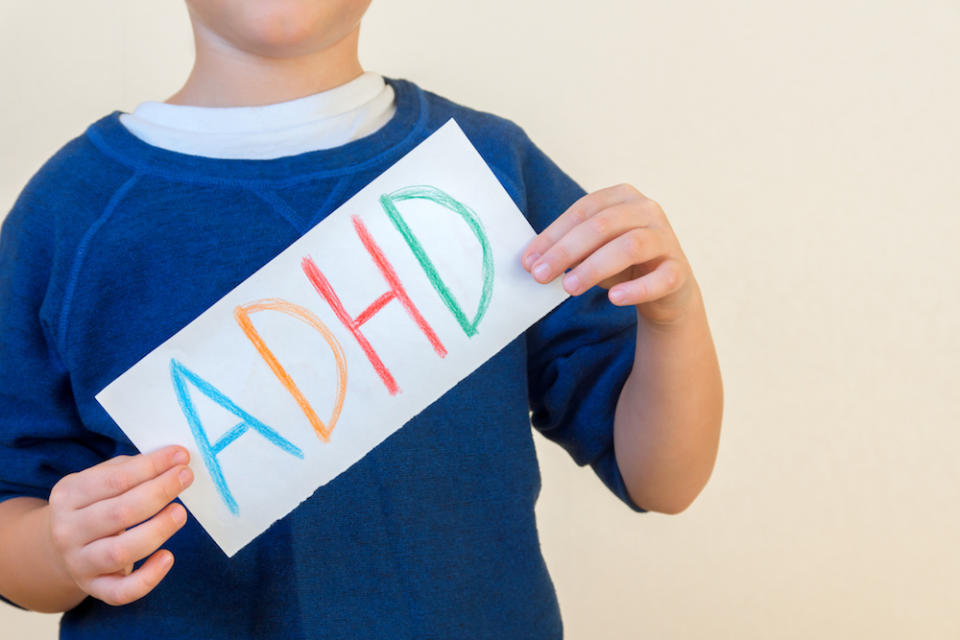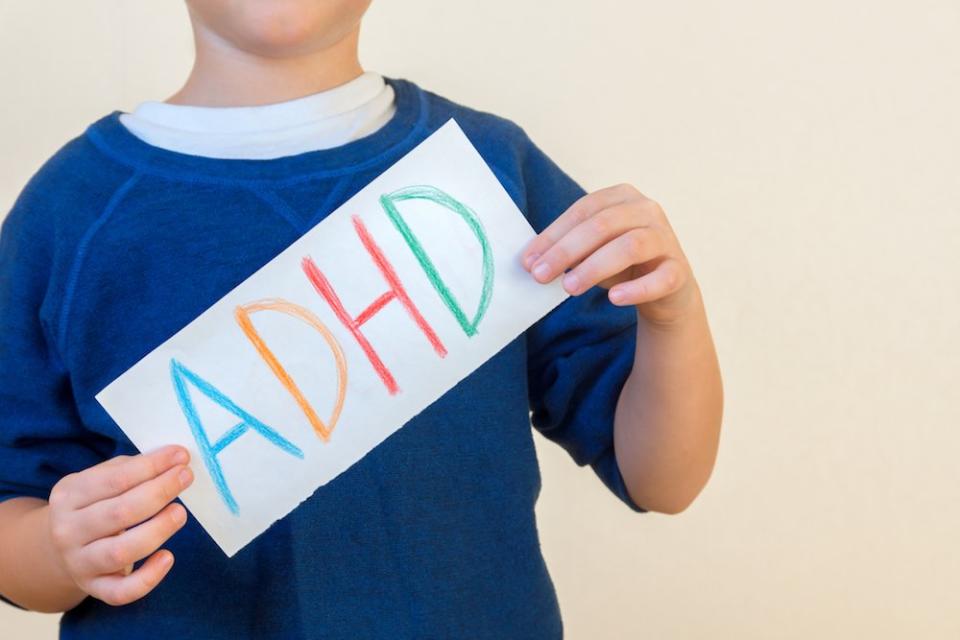FDA Approves First Medical Device to Treat ADHD in Kids

April 23, 2019
One of the most common childhood neurodevelopmental disorders, attention deficit hyperactivity disorder (ADHD) has no cure. So far, treatment options for ADHD include medications and behavioral therapy to reduce the symptoms of impulsiveness and inattention, and help kids function. But a newly FDA-approved, non-invasive, non-drug medical device now offers a first-of-its-kind treatment for the condition.
How does the device work?
Called Monarch external Trigeminal Nerve Stimulation (eTNS) System, the cell-phone sized device marketed by NeuroSigma is simple for parents to use at home at night. "The treatment provides persistent stimulation to the trigeminal nerve through small electric patches placed on the child's forehead during sleep," says Richard Gallagher, Ph.D., associate professor of child and adolescent psychiatry at NYU Langone in New York City. "The patches are connected to a current generator that provides small pulses of electricity."
Although it might sound like you're shocking your child, the electric pulses are mild, totally safe, and barely noticeable. "The reported side effects include a tingling sensation that has not been reported to be unpleasant, and it does not disrupt sleep [according to manufacturer reports]," Dr. Gallagher says. Parents should watch for skin irritation from the patches.
The FDA approval came quickly on the heels of a recent, small study that showed the positive effects of the device on ADHD symptoms and brain activity, with no serious side effects. Sixty-two kids were tested with either a real device or a fake one, and the results were evaluated with a symptoms scale and an EEG (electroencephalography), which measures brain waves.
Scientists believe the device deepens activity in the areas of the brain that regulate attention and behavior. "The current passes through the child's skull and stimulates this large cranial nerve, which is connected to brain centers that facilitate concentration," Dr. Gallagher says.
An alternative to medication
Parents now have a non-drug option for the condition that's been scientifically proven to work. "Although effective, medication does have some side effects for children," Dr. Gallagher says. "These side effects can impact functioning as they may decrease appetite and sleep." In addition, medications don't cure the underlying brain condition associated with ADHD, Dr. Gallagher says—but eTNS may. "It is possible that this noninvasive method may have a lasting effect on brain activity, which might be more permanent," Dr. Gallagher says. "Of course, many more studies need to be conducted to test this notion."
The one study so far on eTNS and ADHD was small, so more research is needed with a bigger sample of kids to make sure the treatment's effects can be replicated. And although it's FDA-approved, eTNS is currently not be covered by insurance, according to NeuroSigma's website. (A kit costs about $1,000.) The device itself isn't new, though, and is already approved in Canada and Europe to treat depression and seizures in adults.
How to get the device
If you're interested in trying out eTNS for your child, they must be between 7 and 12 years old and not on ADHD medication. "Parents should consult with their treating physicians and any treating therapists to discuss the approach, if the children have been evaluated and are being treated," Dr. Gallagher says. "The device requires a prescription to be used."
And of course, a child should be officially diagnosed with ADHD before using eTNS. "If parents are concerned that their child may have ADHD, they should obtain a thorough evaluation conducted by a child and adolescent psychiatrist, a pediatric neurologist, a developmental and behavioral pediatrician, or an appropriate mental health professional, such as a psychologist," Dr. Gallagher says.
Symptoms to watch for include fidgeting, losing things, talking a lot, getting easily distracted, and trouble focusing in school and on homework. All children have these problems from time to time, but if they are really impacting how they function, you might want to have your child evaluated.


